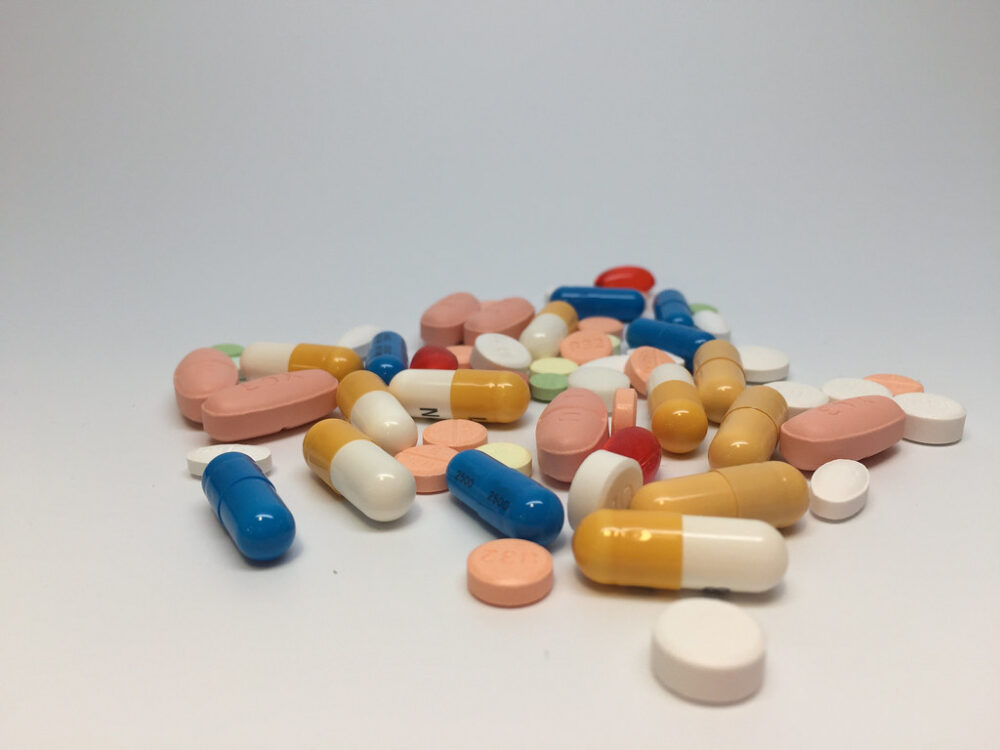Conventional medicine, or Western medicine, describes a system where healthcare professionals trained in the sciences treat symptoms and diseases with medication or surgery. While conventional medicine is widely accepted, it is not the only healthcare system available.
Complementary and alternative medicine (CAM) is defined by the National Center for Complementary and Integrative Health (NCCIH) as any healthcare system, practice, or product that is not a feature of conventional medicine. The NCCIH recognizes five types of CAM: alternative whole medical systems, mind-body interventions, manipulative and body-based methods, energy therapies, and biologically based therapies.
Complementary and alternative medical practices have varying levels of acceptance in conventional medicine, some being recommended by medical professionals and others that are controversial. Arguably one of the most controversial CAM practices is biologically based therapies, or dietary supplements. According to an FDA report, dietary supplements are typically composed of vitamins, minerals, herbs, and amino acids.
The safety and efficacy of conventional healthcare systems and practices have always been controversial subjects. Even though conventional medicine has greatly increased the quality of life and health of many of its patients, it is not perfect. Its history of error, discrimination, failure, and uncertainty has led to many people losing trust in the system. As a result, many people turn to alternative medicine.
So what causes this distrust in conventional medicine? Many complementary and alternative medicine consumers trust the unconventional because they want more control over their health. Many alternative medicine consumers have chronic conditions. Some of the most common diseases and symptoms that people treat with supplements include chronic pain, chronic fatigue, digestive problems, anxiety, and depression. According to a 1998 study, feelings of neglect and dissatisfaction foster the feeling of powerlessness among conventional medicine patients. The conventional medicine that the US healthcare system primarily practices also has burdensome financial barriers. Since alternative medicine treatments tend to be less expensive, some people turn to CAM because of conventional medicine’s debilitating cost barrier.
Some consumers turn to alternative medicine for cultural reasons. Many non-Western practices, such as traditional Chinese medicine or Ayurveda, which have cultural origins, fall under the CAM umbrella. Some may use alternative medicines to reconnect with a certain culture or for the sake of engaging in more “culturally creative” practices.
CAM providers know that many of their consumers are looking for health care that is safe, natural, and accessible. However, natural ingredients do not make supplements inherently safe. Some advertise their products using vague language to maintain plausible deniability so that they can maintain trust. Dietary supplements can have harmful interactions with other drugs that either reduce their efficacy or form harmful compounds in the body. The use of dietary supplements presents potential dangers involving toxicity, risk of contamination, dosage variability, and risk to special populations including children, pregnant people, and the immunocompromised. Despite numerous concerns about classification, regulation, and safety measures, complementary and alternative medicine follows an arguably loose set of regulatory guidelines.
The Dietary Supplement Health and Education Act (DSHEA) enforces regulations preventing supplement manufacturers from claiming their products can treat or cure a specific condition. However, CAM providers can allow their products to “suggest an effect” on the body. For example, a company could advertise their St. John’s wort supplements as supporting mood health, but cannot advertise them as a treatment for depression. This allows alternative medicine providers to use vague language as a loophole. In 1994, the DSHEA classified dietary supplements as foods rather than drugs, allowing them to avoid the extensive regulatory process that conventional medicine undergoes.
Though it is not very strict, the FDA does have some influence on safety regulations for dietary supplements. The FDA is responsible for determining whether or not a supplement on the market is safe. The administration does this by reviewing New Dietary Ingredient (NDI) applications that are mandated by the DSHEA for all products that entered the market after Oct. 15, 1994. While the DSHEA requires that dietary supplement manufacturers submit an NDI, there is no consequence for failing to submit product efficacy or safety data. The FDA instead regulates dietary supplements by subjecting companies that sell toxic, unsanitary, or hazardous products to criminal action. Dietary supplements that make false claims about their products can be taken off the market as well. This may seem like an ideal solution, but since most of the FDA’s regulatory action occurs after a product goes on sale, the administration does poorly at preventing harmful supplements from reaching consumers.
Image courtesy of Flickr


